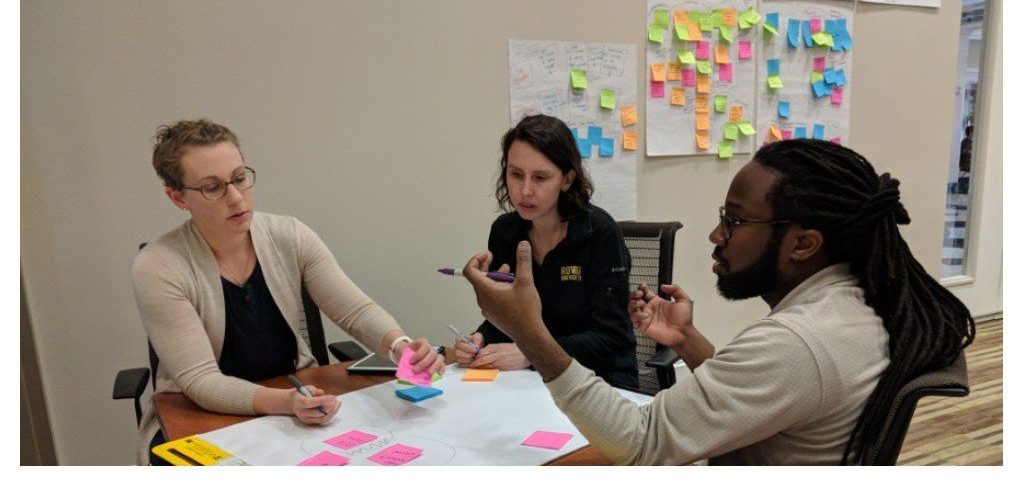Supporting Agency among Early Career Engineering Education Faculty in Diverse Institutional Contexts (STEER)
Project dates – 6/1/17 to 5/31/21
Funded through National Science Foundation: Research in the Formation of Engineers
The aim of this project is to investigate how institutional context influences the agency of early career engineering education as it relates to facilitating change. To do so, six engineering education researchers, are systematically examining our own experiences as early-career faculty members in diverse settings. Additionally, we are examining the experiences of 12-15 additional early-career faculty members. Through this process, we will (1) advance the engineering education community’s understanding of existing structures for facilitating change (or the lack thereof) in engineering education (2) identify barriers and supports for making change as early career engineering education faculty; and (3) develop a co-constructed understanding of how to better prepare and support faculty to exercise agency as it relates to impacting engineering education during their first few years in academic positions. Combined, these advancements will enhance the community’s efforts to train and develop scholars prepared to drive change in engineering education.
Student Perspectives on Researcher Identity and Transformed Epistemologies (SPRITE)
Project Dates: 9/8/2015 – 9/7/2020
Funded by National Science Foundation: Research in Engineering Education
The specific aims of this project are to 1) understand how undergraduate engineering students conceptualize and construct what it means to be a researcher, 2) determine what these students perceive to be the factors that affect their researcher identity development, 3) understand how these students conceptualize and interpret knowledge frameworks of their fields, and 4) understand how beliefs about the nature of knowledge and knowing form within the contexts of students’ research experiences. This three phase, qualitative, study uses grounded theory to expand existing identity and epistemic belief theories in order to develop a theory within the context of engineering research experiences. This theory will be applied in Phase III to inform engineering educators and develop ways to integrate findings into engineering degree programs.
Students use of Resources in the Classroom
Project dates: 8/2017 – present
This project uses network analysis to explore the specific resources students use and how they use these resources to complete class assignments. We are interested in identifying if there are specific networks (combinations of resources) that lead to student success. Additionally, the networks can be used as an educational tool to discuss resource use.
